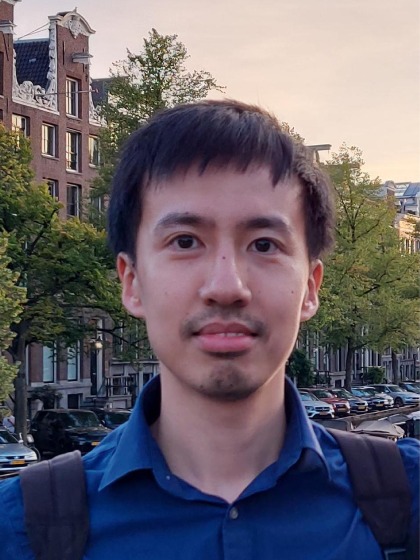J. (Windson) Lin, MSc

The Travelling of Neurasthenia:
Knowledge Translation between Chinese Medicine and Western Psychiatry in the Twentieth Century
My PhD project examines the global circulation of the phenomenon "neurasthenia/Shenjing Shuairuo" between China and the United States. Through the case study, the project intends to provide a historical, theoretical and critical study of translation/ transformation between different knowledge systems.
The PhD study includes two historical inquires: the integration of neurasthenia into Chinese Medicine in Republican China (mainly from the 1910s to the 1930s) and the introduction of Shenjing Shuairuo among other “culture-bound syndromes” into the Diagnostic and Statistical Manual of Mental Disorders (DSM) in American psychiatry. The project contextualizes the two processes of knowledge translation into the historical moments in which they occurred. The diagnostic term “Shenjing Shuairuo” emerged in Republican China when Chinese Medicine was undergoing major transformation. Through the translation and reinvention of the medical term, practitioners of Chinese medicine conformed to the hegemony of Western science while securing the space for their indigenous medical practice. On the other hand, the American Psychiatric Association (APA) started to integrate what they called “culture-bound syndromes” into the DSM from the 1990s, following their dialogue with medical anthropology and transcultural psychiatry. By the inclusion of “culture” into their guideline, the APA attempted to defend their discipline by responding to the criticism of ethnocentrism.
I intend to examine the two cases of translation through the lens of Science and Technology Studies (STS). On one hand, conceptual categories from STS, such as “network”, “incommensurability” and “boundary-work”, can help to understand knowledge translation between Chinese medicine and American psychiatry. On the other hand, translation of medical knowledge between the West and the non-West can exemplify, complement and provincialize theories of STS. In short, the emergence of neurasthenia/Shenjing Shuairuo should be understood from the conceptual change, internal struggle, and structural transition of the knowledge system from which it was translated and indigenized.
| Last modified: | 22 November 2024 4.06 p.m. |
